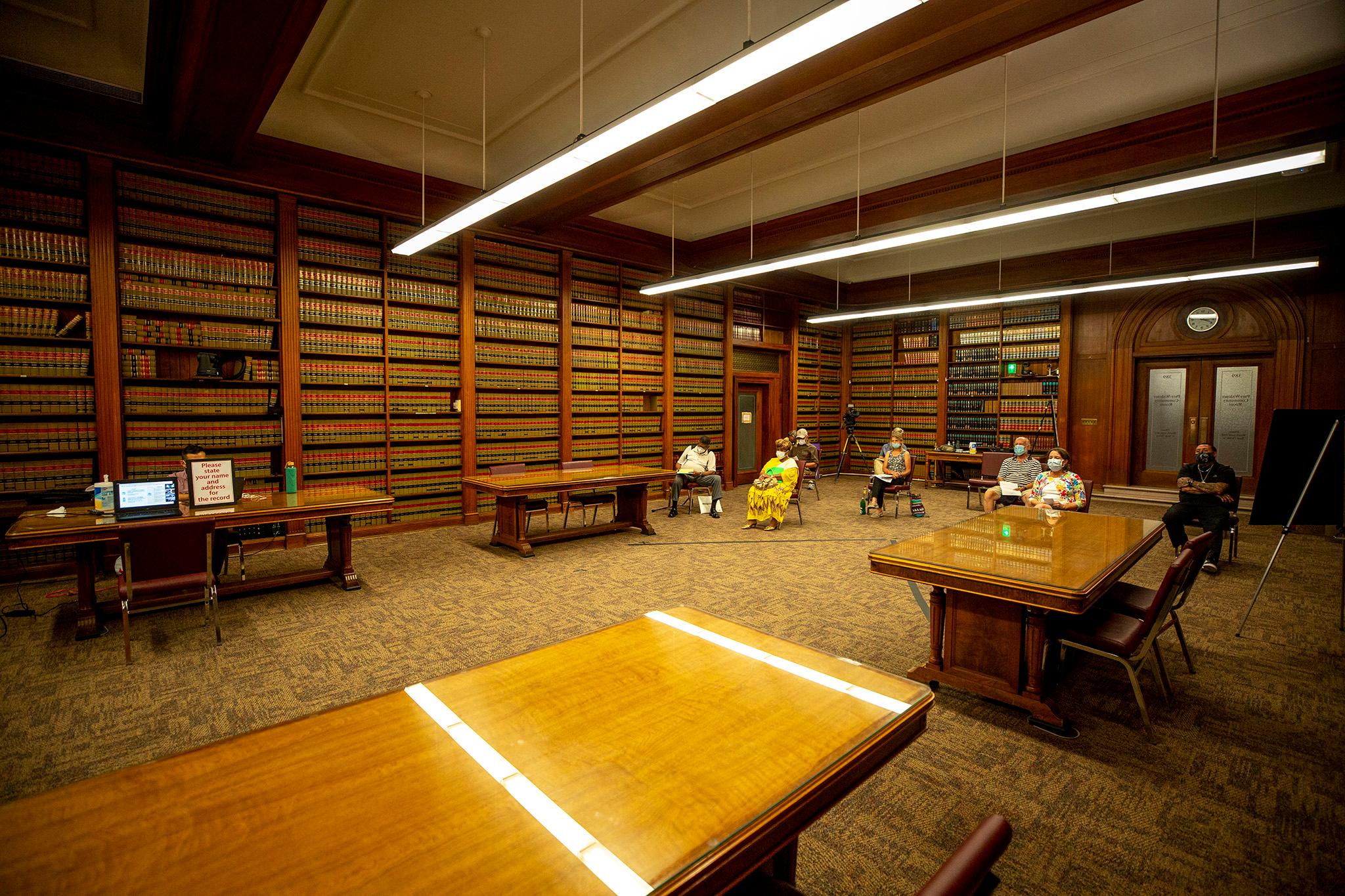It will be next year before Denver City Council decides on a proposal that would increase the number of unrelated people who can share a home and allow halfway houses and shelters to be located in more neighborhoods.
City planners on Tuesday outlined a schedule of hearings before the council's Land Use, Transportation & Infrastructure Committee that will allow lawmakers to take apart and examine the proposed amendments to the way the zoning code regulates group living arrangements. Planners also said they would continue to meet with Denver residents to answer questions about the proposal.
The committee had been expected to decide next week whether to forward the proposal to the full council, which would have voted in October. Instead, the committee will spend all or part of three weekly meetings in November discussing such issues as household size and where facilities such as shelters, nursing homes and halfway houses can be located. The committee won't vote on whether to forward the proposal to the full Council until Dec. 1. That schedule makes a council vote unlikely before January, Laura Swartz, spokeswoman for Denver's Community Planning and Development department, said in an email Tuesday.
During Tuesday's hearing, Andrew Webb, the city planner who has managed the project, said changes to the proposed amendment could emerge from the committee hearings.
Concerns over the proposed changes to household size and limitations on where halfway houses and shelters can be located are not new. But as Councilwoman Kendra Black said during Tuesday's committee hearing, as more and more people learn about the proposal, opposition seems to be growing.
City planners said the proposal that emerged from more than two years of discussion will help Denver provide more affordable housing and remove provisions in the zoning code that reflect discriminatory thinking. Critics have said the changes will bring crowding, parking problems and crime to neighborhoods.
Race came up repeatedly during Tuesday's hearing. Councilwoman Amanda Sandoval questioned why flyers critical of the proposal have shown up only in neighborhoods where most residents are white.
Councilman Kevin Flynn said it appeared to him that most of the proponents were white and that many critics have been Black and Hispanic. That led him to question whether the changes would lead to housing costs increasing and minority neighborhoods seeing more gentrification and displacement. Councilwoman Candi CdeBaca countered that minorities in Denver did support the changes, but feared speaking out would draw attention to living arrangements that are breaking the current rules.
The proposed zoning code change includes increasing the number of adults who aren't related who can legally share a single-family home from two -- among the strictest of such limits in the state -- to five in most cases, with as many as 10 in larger homes. City planners say inspectors respond to about 190 complaints a year about the occupancy rule being broken, and about half are found to be violations.
Community Planning and Development's Swartz said the department had received a complaint against someone who had publicly spoken in favor of the proposed amendment. In addition to questioning the number of unrelated adults in the home, the complaint alleged a violation of the city's short-term rental regulations. Swartz said it was determined that the owner had a short-term rental license, and that an inspector found that the number of unrelated adults in the home was not creating problems for neighbors.
"Citywide, as residents grapple with the impact of the pandemic, enforcing the number of unrelated people currently allowed to live together ... is not a priority for inspectors," Swartz added. "This is especially true if there are no visible impacts to the street or neighborhood that suggest the property is not safe or being kept properly."
Swartz noted that Governor Jared Polis had asked local communities to suspend limits on people who can live together to prevent homelessness during the pandemic.













